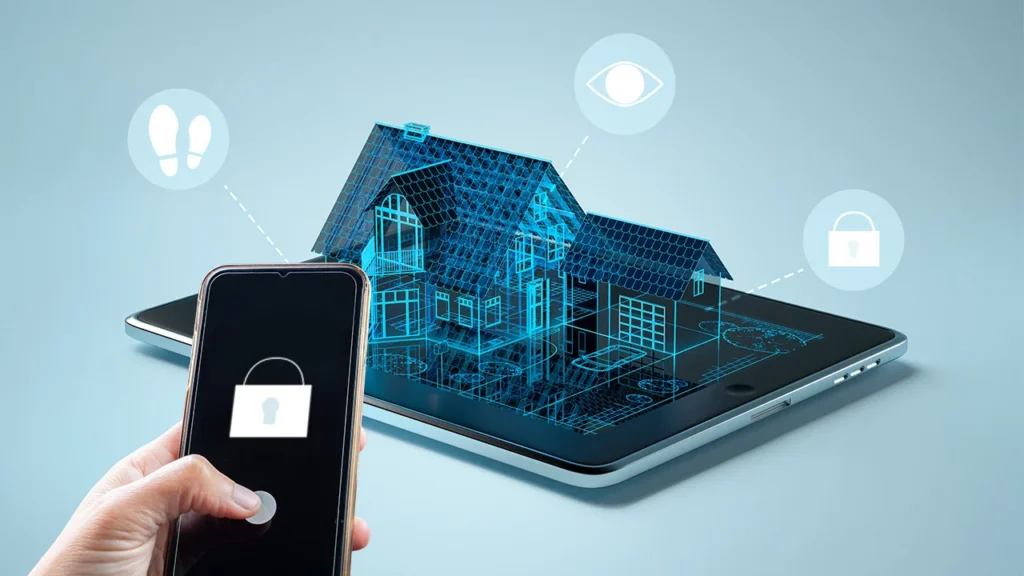Like everyone else, I have a smartphone. But unlike many others, my phone and its number are Mexican. When I moved to Mexico, I decided to give up my U.S. phone number entirely. It seemed like a logical choice at the time, as having a local number in Mexico is not only the norm but is also crucial for daily life here. From banking and making payments to communicating with friends and family, having a Mexican number simplifies everything.
In Mexico, switching mobile providers is straightforward and hassle-free. Most phones sold here are unlocked, which means they aren’t tied to a specific carrier, making it easy to change providers if needed. The use of physical SIM cards is still widespread, and popular service providers like Telcel, Movistar, and AT&T offer a range of plans to suit different needs and budgets. It’s a system that feels flexible and customer-friendly.
For years, I was completely satisfied with my setup. My Mexican number worked perfectly for all the local services I needed. Like most people here, I relied on WhatsApp for communication—it’s practically a way of life in Mexico. It’s also been easy to share my number, even though I’m still not used to the way phone numbers are grouped here. Instead of the familiar three-three-four pattern I grew up with in the U.S., Mexican phone numbers are recited two digits at a time, which always catches me off guard.
The Dilemma of Not Having a U.S. Number
But there’s a catch: while my Mexican number is my lifeline here, having a U.S. number has become increasingly essential for accessing services back in the States. As a U.S. citizen, I didn’t anticipate how vital a U.S. phone number would be for handling personal business from abroad.
More and more, not having a U.S. cell phone number as a U.S. citizen is making it nearly impossible to manage essential tasks in the U.S. This is largely due to the growing reliance on two-factor authentication, where companies require a U.S. cell number to send verification codes. “Just to verify it’s you, we’ll send a code to your phone. What’s your number?” they ask. But then they offer no option to enter an international code, effectively locking me out.
Despite my legal rights as a U.S. citizen and taxpayer, I find myself in a gray area when trying to access services back home. For the most part, I’ve managed the permanent address requirement by using my daughter’s address in the U.S., which works fine for mailing purposes. But the cell phone issue is trickier. Getting a U.S. phone plan is not only costly, but it also doesn’t make sense for someone who spends most of their time outside the country. Yet, without a U.S. number, many services are simply out of reach.
Real-Life Impact of Not Having a U.S. Number
My Mexican number has served me well so far, but the lack of a U.S. number recently led to some serious complications with my bank account. When my Capital One account stopped sending verification codes to my email and required a U.S. number instead, I lost my ability to access my account online. Now, to pay my bill, I have to make an international call, which is both inconvenient and time-consuming.
Recently, when my card was blocked for suspected fraudulent activity, I couldn’t even verify my identity with the bank because they insisted on sending the verification code to a U.S. phone number that I no longer have. This left me in a frustrating loop, unable to prove that I was, in fact, the legitimate account holder.
The Unique Challenge for Expats
What I’ve realized is that my situation is somewhat unique. Few U.S. citizens living abroad give up their U.S. numbers entirely, and for good reason. Most expats hold onto their U.S. numbers to keep these kinds of problems at bay. While solutions like Skype or Google Voice seem like reasonable alternatives, they don’t work for receiving verification codes because most service providers can tell they’re virtual numbers and won’t accept them for security purposes.
Practical Advice for Expats and Travelers
So, here’s my advice: if you’re planning to move abroad, do not give up your home-country cell number. You might think you don’t need it, but when it comes to accessing your bank or other crucial services, you’ll be glad you kept it. Consider switching to a cheaper plan or using a pay-as-you-go option if you don’t want to maintain a full contract. Getting a dual-SIM phone could be a great solution, allowing you to have both your local and home-country numbers on one device.
Final Thoughts
As for me, it looks like I’ll be making a trip to the U.S. soon, all for the sake of getting a new phone number. It’s frustrating that a simple verification code can disrupt my life to this extent, but that’s the reality of our interconnected world. When it comes to digital security, there’s no room for compromise, and having the right phone number is a crucial piece of the puzzle.

